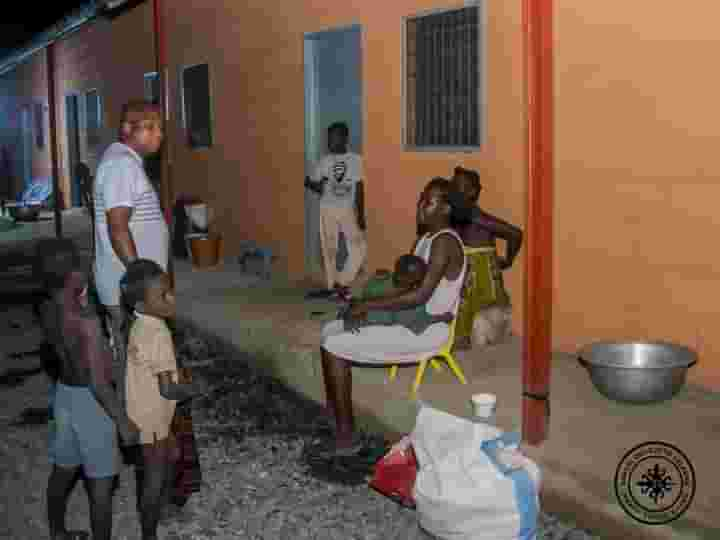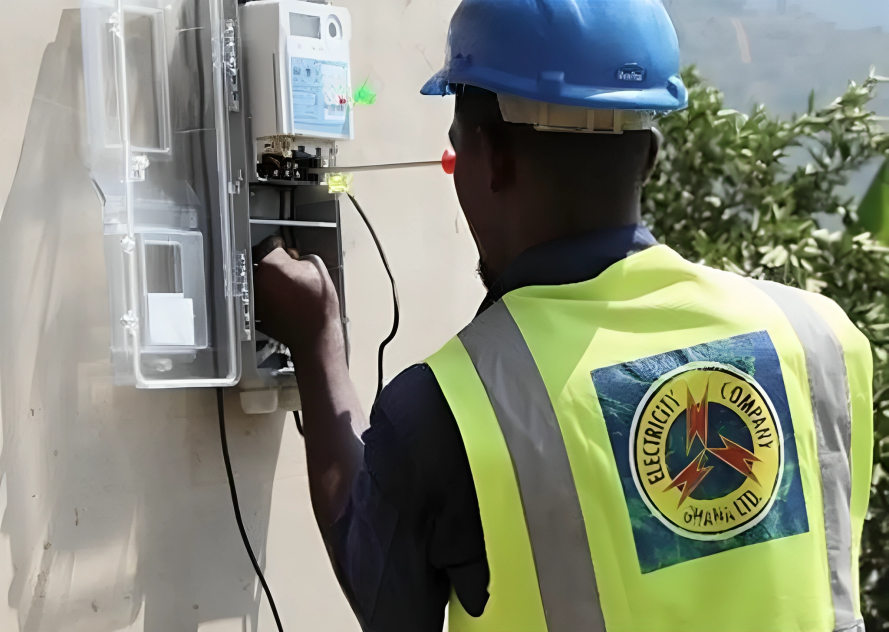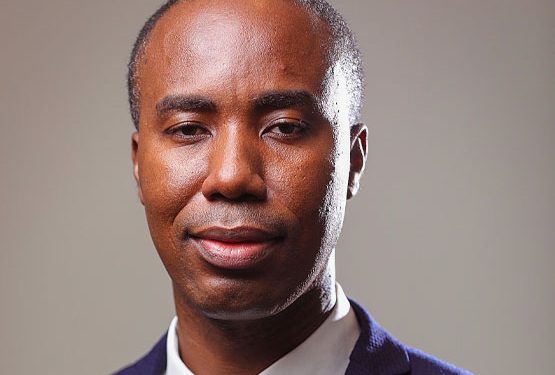
Ing. Kirk Koffi, Chairman of the Akosombo Dam Spillage Committee, has commended the Chief of Mepe and several Municipal Chief Executives (MCEs) for their swift humanitarian response during the 2023 Akosombo Dam spillage, including personally housing displaced victims.
Speaking in an interview on TV3’s Hot Issues on May 11, 2025, Ing. Koffi praised local leadership for stepping up in the absence of immediate state intervention.
“I must commend the Mepe Chief and many other MCEs who took affected people in their own homes,” he stated.
The spillage, which displaced nearly 40,000 people and caused widespread destruction across multiple districts in Ghana’s Volta Region, has since been classified as a climate-related crisis rather than a leadership failure.
According to the committee’s findings, the spill was necessary to prevent the Akosombo Dam from overtopping after unprecedented rainfall, which engineers linked to climate change.
“The spillage was a necessary evil,” the committee said in its 126-page report, submitted to the Minister for Energy and Green Transition, John Abdulai Jinapor, on May 7.
“Breaching the dam could have led to a catastrophic chain of events,” the report emphasized.
Ing. Koffi also acknowledged that while the Volta River Authority (VRA) acted within engineering guidelines, it could have done more to coordinate with local authorities and communities prior to the spill.
“VRA must be blamed in a way. They should have sat down with the assemblies and structured the flood zone areas,” he noted.
In response to the aftermath, guidelines for compensation have now been developed, aiming to provide relief to affected families and businesses.
“We have come up with guidelines for compensation,” Ing. Koffi confirmed.
Looking ahead, he stressed the need for a Legislative Instrument (L.I.) to prevent construction in flood-prone areas and called on District Assemblies and traditional leaders to enforce zoning laws, especially while formal legislation is pending.
“An L.I. is needed to help enforce that nobody stays within the flood zones,” he said.
“But before that comes, nothing stops the Assemblies—those who issue building permits—from preventing people from putting up structures in these areas.”
The report also highlighted systemic gaps in communication, emergency preparedness, and resource distribution, despite early warnings issued between September 8 and 15, 2023. Though the spillage began on September 15, the worst damage occurred in the days that followed.
So far, the disaster has resulted in the destruction of 1,247 homes, 94 schools, and 17 health facilities, with agricultural losses alone estimated at $78 million.
The post Akosombo Spillage: Committee chair commends local leaders, confirms compensation guidelines first appeared on 3News.
Read Full Story















Facebook
Twitter
Pinterest
Instagram
Google+
YouTube
LinkedIn
RSS